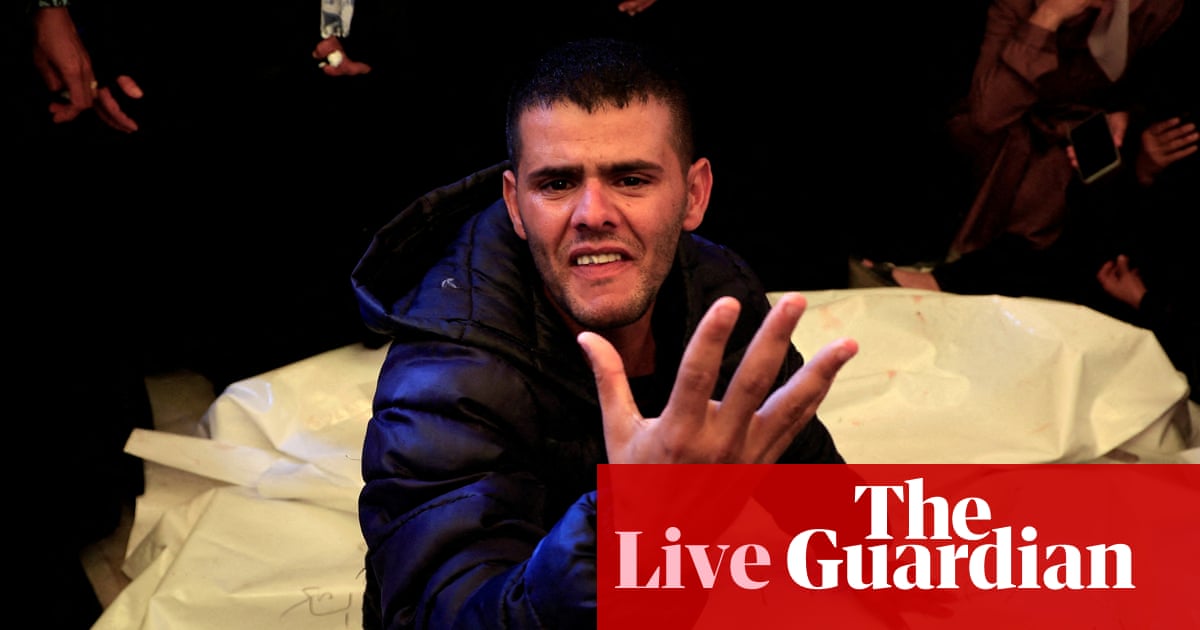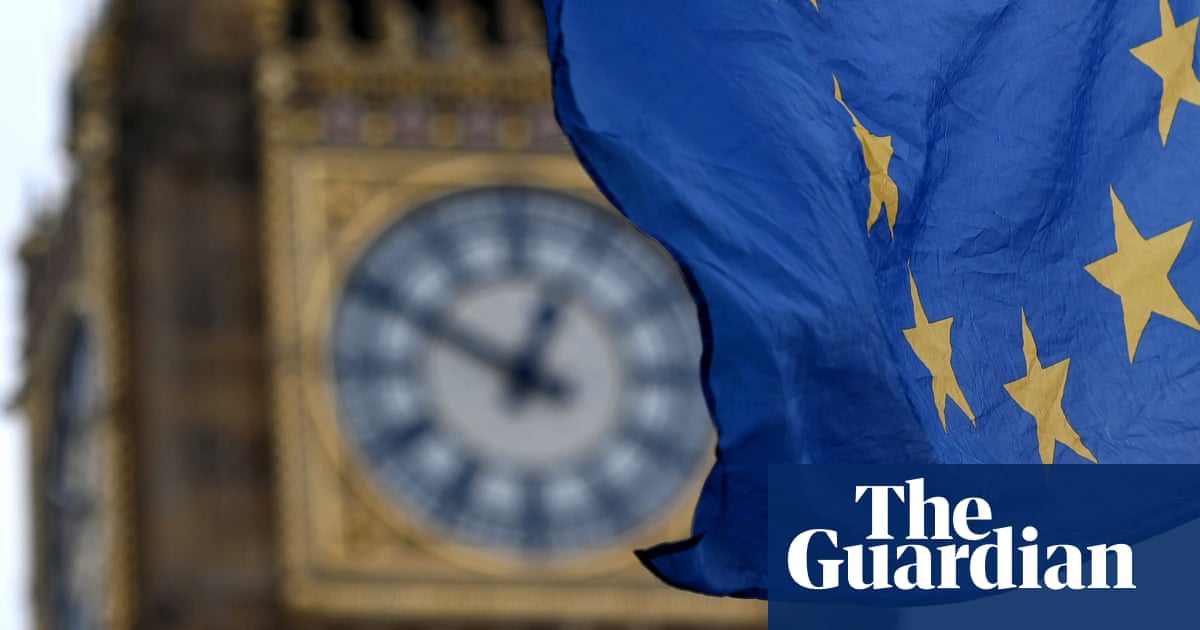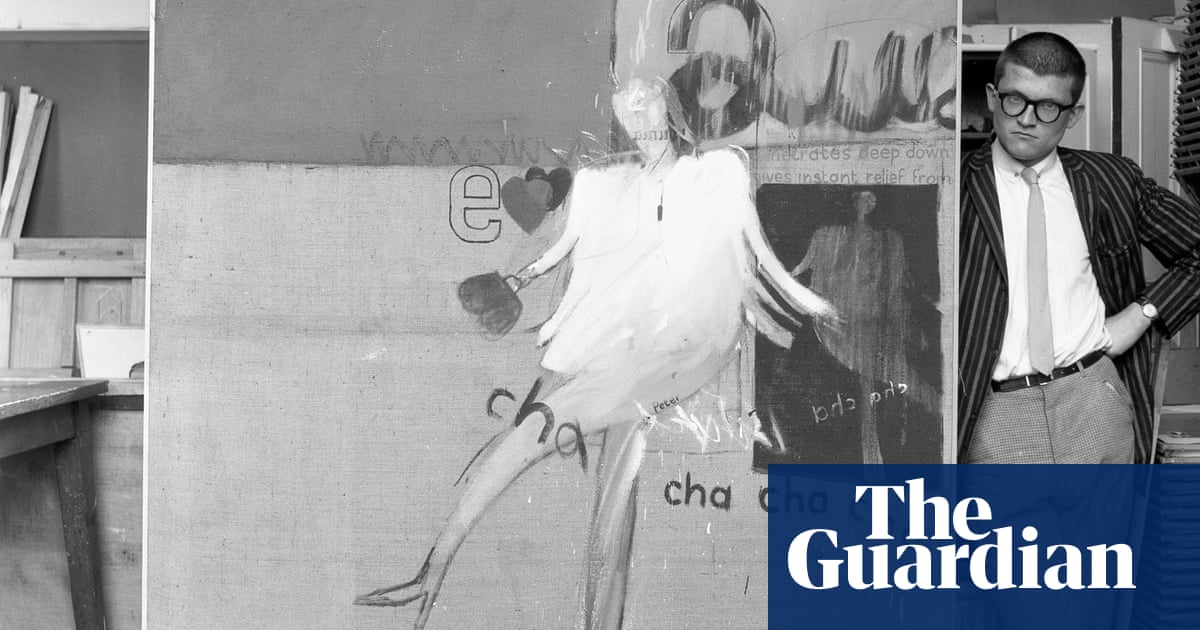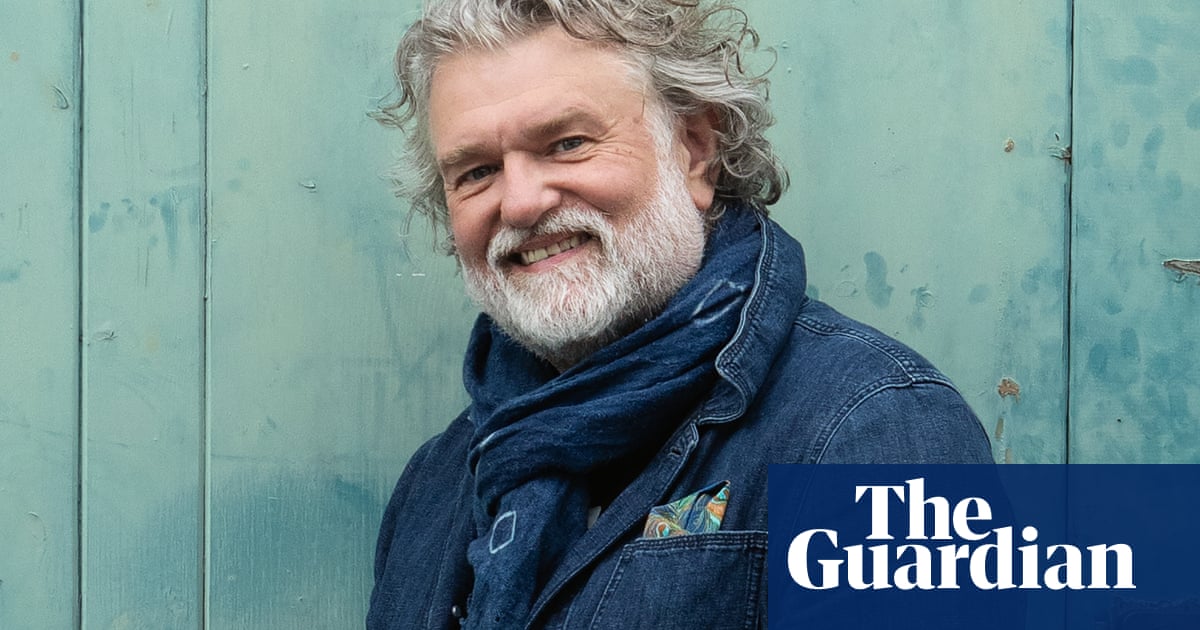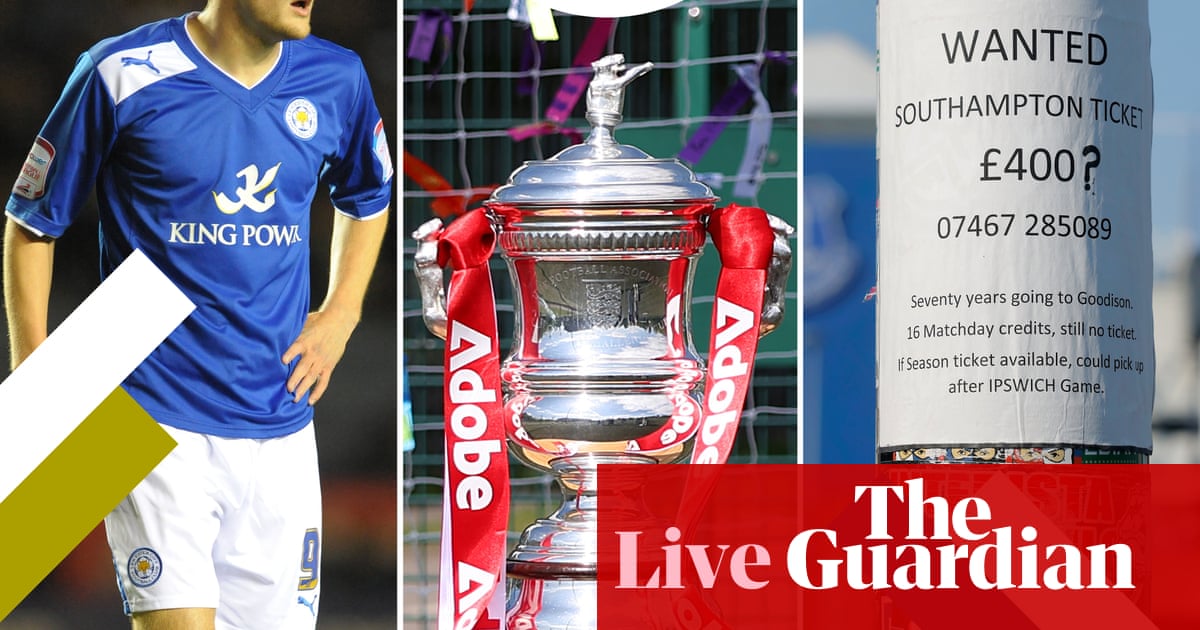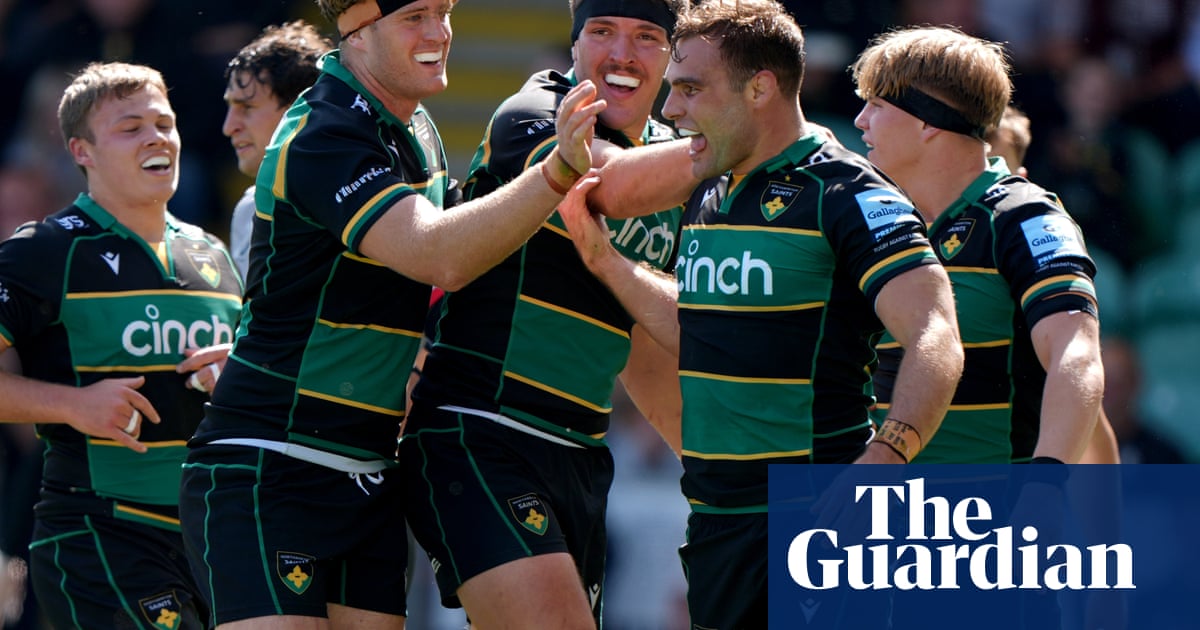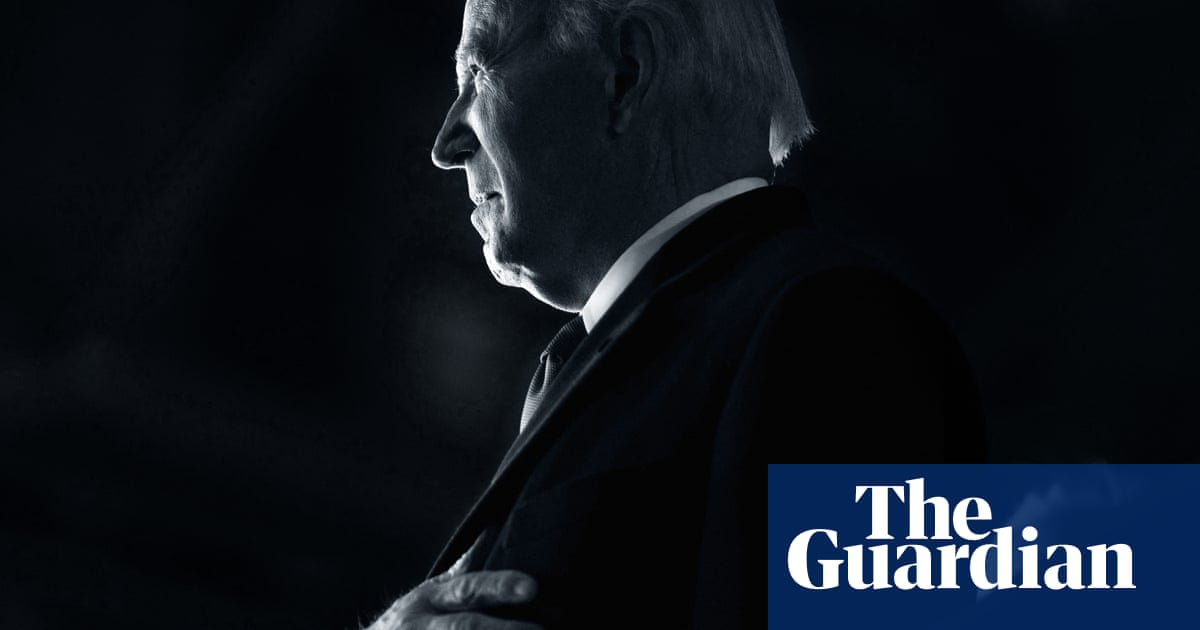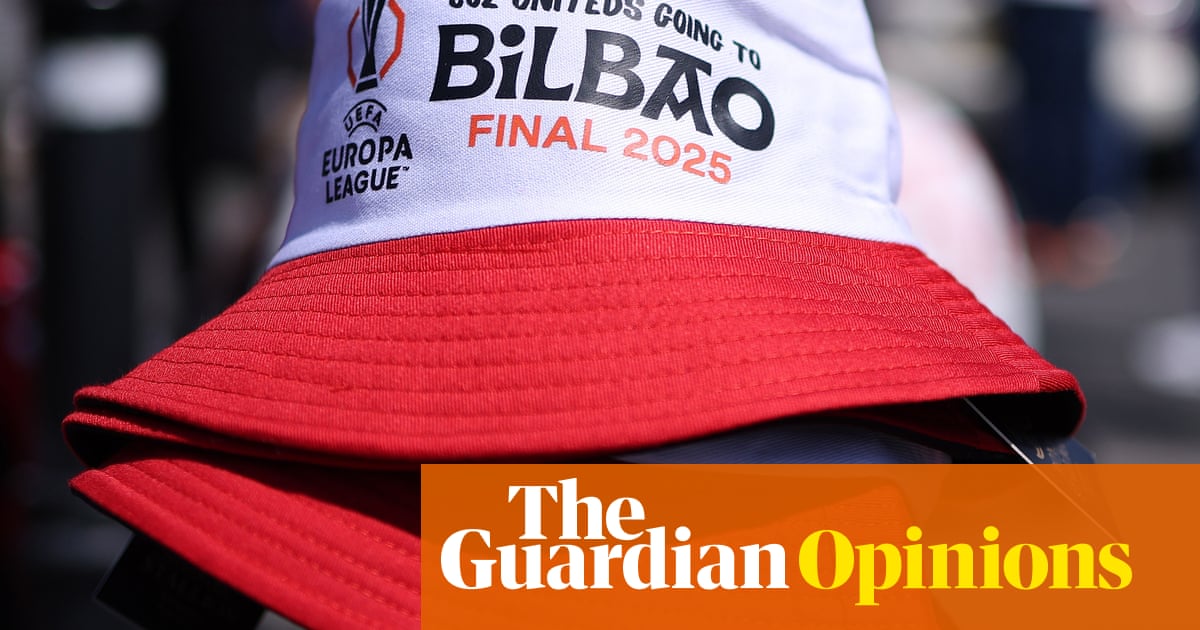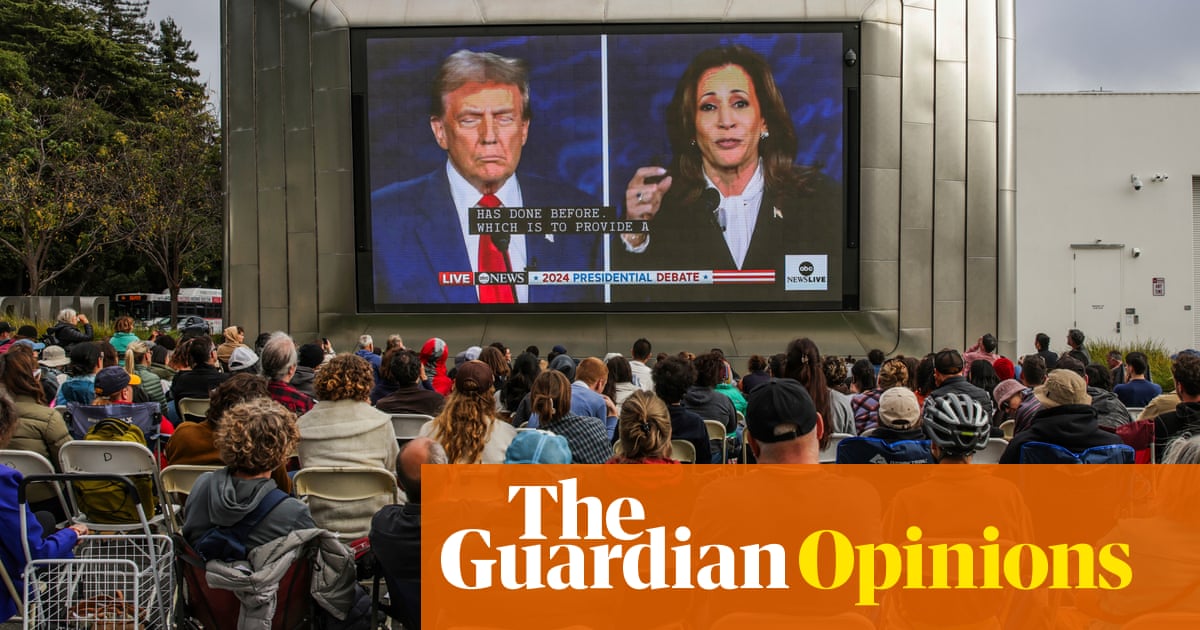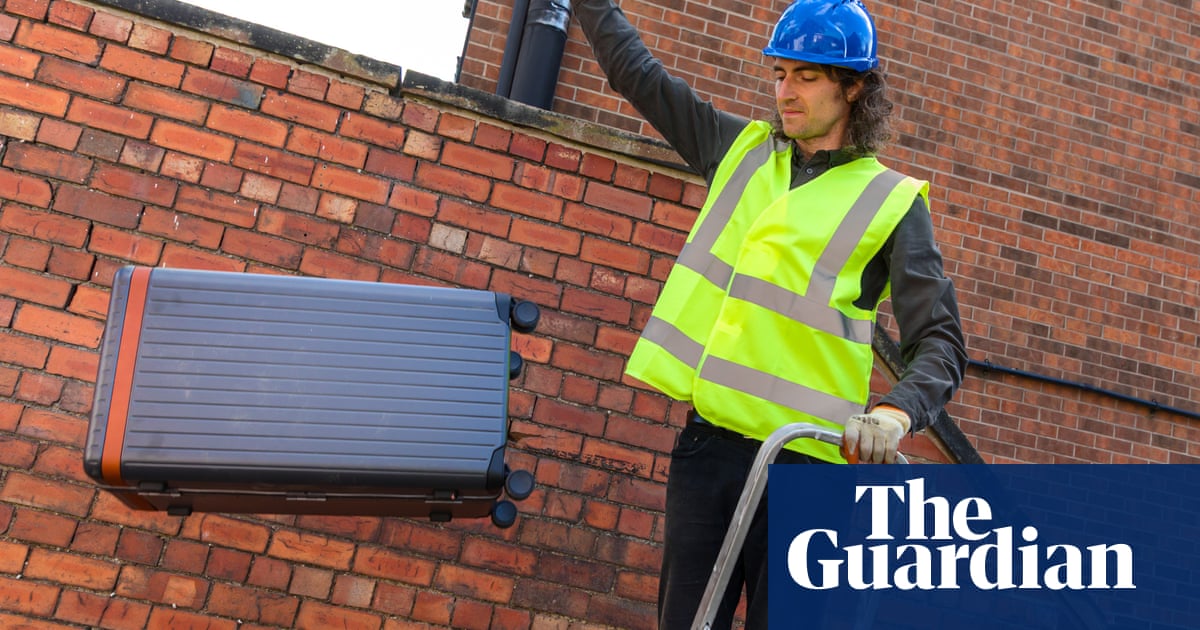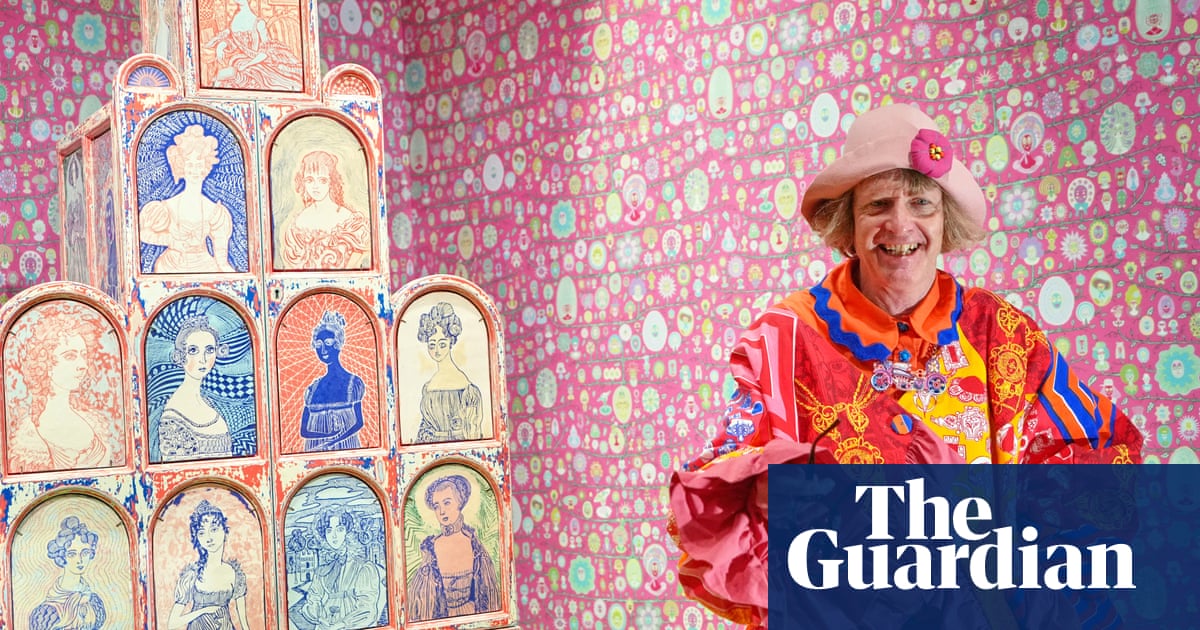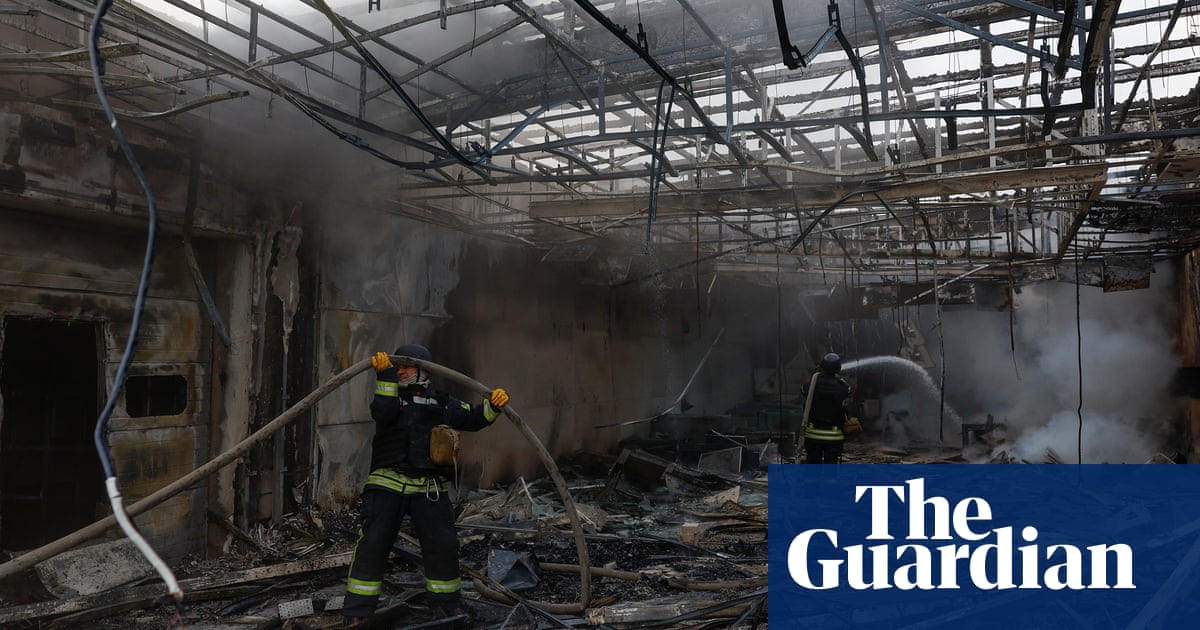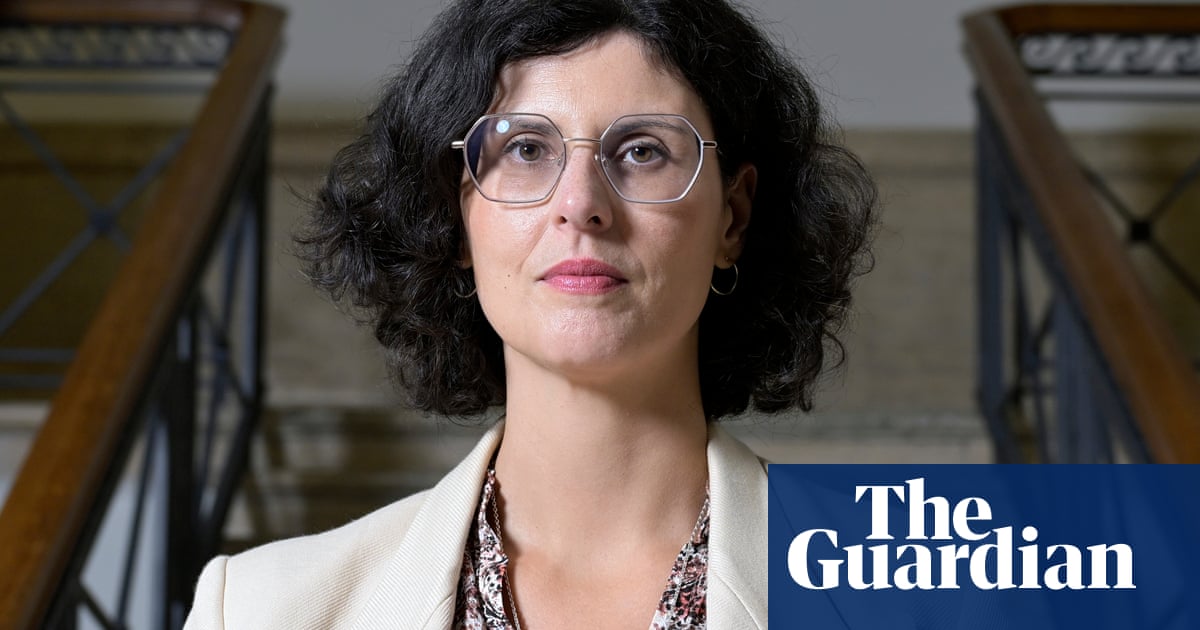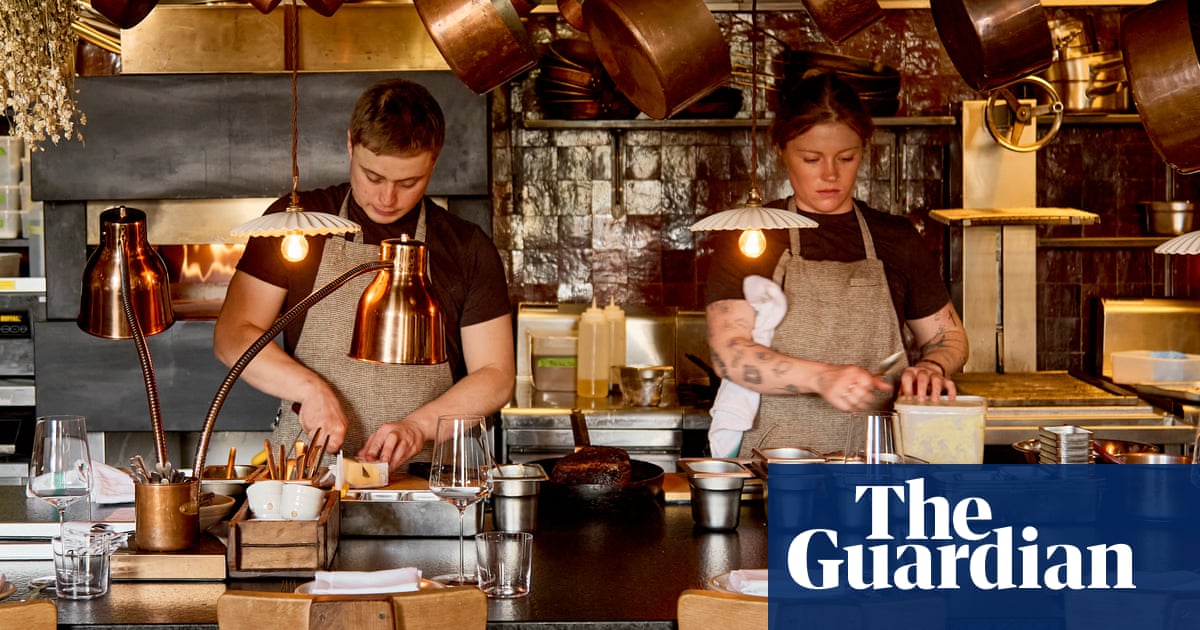As the final whistle was blown at Wembley there was a moment that seemed to stretch out and become frozen in time. The Crystal Palace players collapsed where they were standing, crumpled across the grass like a battle scene fresco. The colours made it beautiful, red and blue against the deep green, new optics, new names, the unstyled celebrations of players unused to these moments, Jean-Philippe Mateta face down, Will Hughes flat on his back, arms spread like a snow angel.
There was a rush of noise as the clock began to tick again. And that was that. Sound the tram bells, unleash the smoke plumes from the Tasty Jerk shack – 119 years into Crystal Palace’s existence this mercurial club with the clanky corrugated stadium has finally won a major trophy.
Oliver Glasner’s team did it in the best way, scoring early then holding on to the 1-0 lead against a Manchester City team that played for most of this FA Cup final like a collection of ghosts stuck in the same deathly patterns. By the end City had managed the unusual combined feat of dominating all the key metrics but also never looking at any stage like they deserved to win.
For Palace’s fans this was the best kind of final, one of those days that passes as a series of moments ready to be pored over and lovingly rewound. There was the oddly touching sight of Glasner on his touchline in all-black and huge white trainers, like a spy out for a jog, arms raised constantly in a mix of triumph and alarm through the final 10 minutes.
There was the noise from the Palace fans, basically the Selhurst ultras scaled up across an entire Wembley end. The plume of red smoke caught in the light through the top of the stand. And below it the sight of people weeping with unaffected pleasure, overcome by the familiar but still always surprising catharsis of this shared spectacle
Best of all for Palace’s tale of the day, they were granted a huge slice of luck by the dual incompetence of the refereeing team during an amazing 20-minute spell that settled the game. Palace were already 1-0 up by the time the referee failed to spot Dean Henderson batting the ball away from a rampaging Erling Haaland outside his area. This was then compounded by the VAR bizarrely concluding this was not, repeat not, a goalscoring opportunity and therefore a red card offence. To repeat. Haaland. Edge of the box. Ball in front of him. You have seen this bloke before? Or indeed this sport? Or any sport?
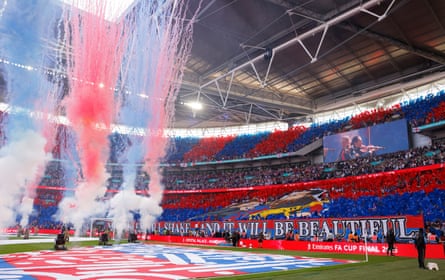
Maybe there was something karmic here, a circular righting of wrongs, Henderson’s swipe of the arms an exact physical echo of Alan Pardew’s Cup final dance of shame back in 2016. Here we have a moment of horror repurposed into one of triumph.
Perhaps not. But this was one of those victories that deserves its own blarney. Wembley had been a lovely place at kick-off, drenched in a brittle late spring chill. It is an underrated vast grey concrete bowl on these occasions, the steep open tiers creating a proper noise cauldron effect. And the game was basically decided by that 20-minute first-half spell when the entire day turned a shade of Selhurst.
Early on Palace had done little but press and chase. It was passive possession from City, even the midfield counterpress a little geriatric and creaky. And on 16 minutes Palace scored a brilliant goal with their first thrust, made by Mateta’s hold and spin and by Daniel Muñoz’s gallop into the empty space on the City left. His cross was just the right height for Eberechi Eze, the first-time finish beautifully soft, a man enjoying the sweetness of the contact, feeling his own moment rising up to meet him.
Eight minutes later the game was waved on as Henderson handled outside his box. And of course it was Henderson who then saved brilliantly from the penalty spot from Omar Marmoush, a sequence of events that might have been designed with great care by a team of experts simply to annoy and enrage Pep Guardiola.
after newsletter promotion
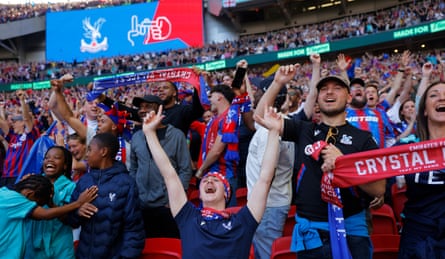
It was odd that Haaland didn’t take the penalty. Three of his eight career missed penalties have come this season. But this is also the most lethal one-shot goalscorer in the world. It’s a final. What exactly is the point of Haaland if he’s not taking on these moments?
For Palace the day began to take on a golden hue from that point. Adam Wharton was brilliantly committed, a footballer who slouches around the place like a man waiting for the supermarket to open on a Sunday morning, but whose brain is always whirring. Mateta played with heart and guile. There were cheers as Hughes was sent on toward the end like the pair of wellies you pull out of the car boot for a muddy walk. Eze made the key difference. He is another deceptive footballer, the cage baller who is actually hugely controlled and reliable in his output, who knows exactly how good he is.
There was always a danger this could feel like a meeting of a team looking to achieve the most notable act in its history, and another trying to grab a consolation trophy on the way down. Objectively Palace’s victory has some obvious good things to tell English football. Premier League teams should be this good. Buy expertise, build a vast academy, develop players, spend well.
It’s a victory for a place that makes footballers, the Concrete Catalonia, that square of suburban south-east London that produces a disproportionate ratio of top-tier English players. It is arguably a victory for something other than gruelling systems-ball, the super squad, the hoovering up of trophies. No doubt these points will now be advanced, as will the idea of a kind of FA Cup revivalism. Mainly though, this was just a lovely afternoon, and a day in the sun for a club that had waited long enough.

.png) 13 hours ago
6
13 hours ago
6
